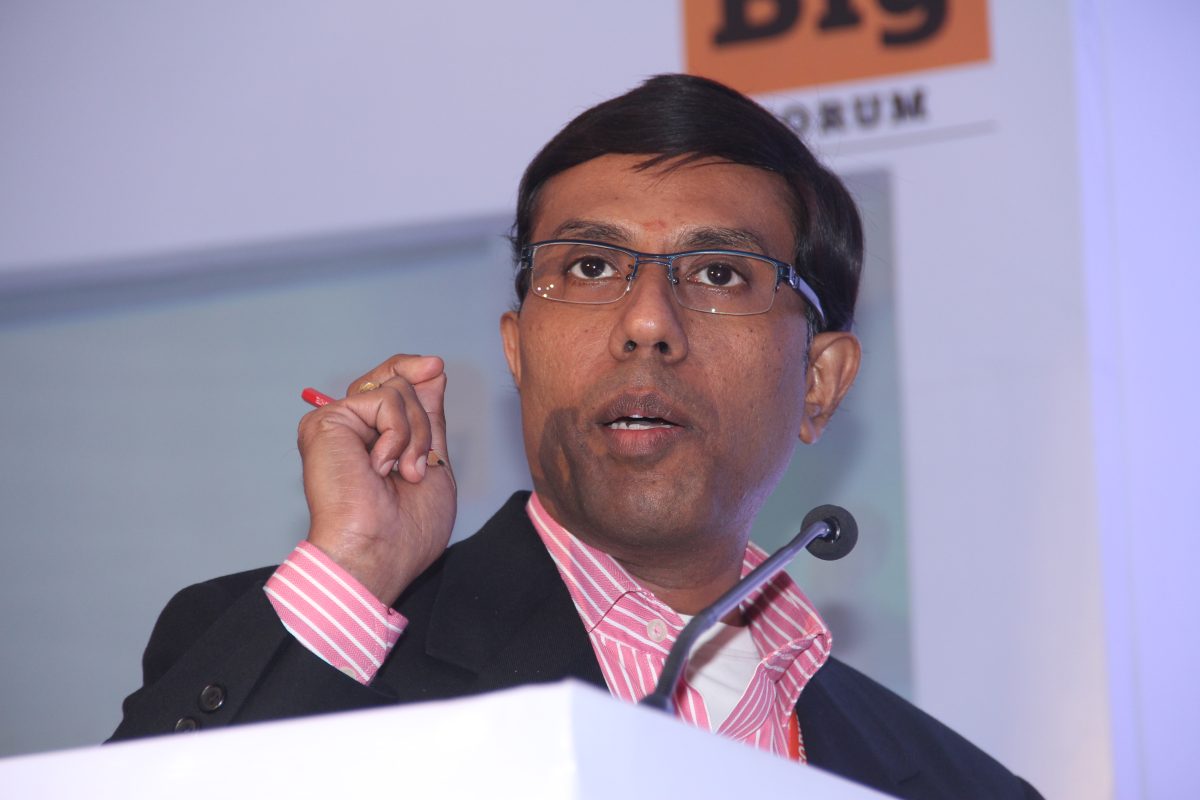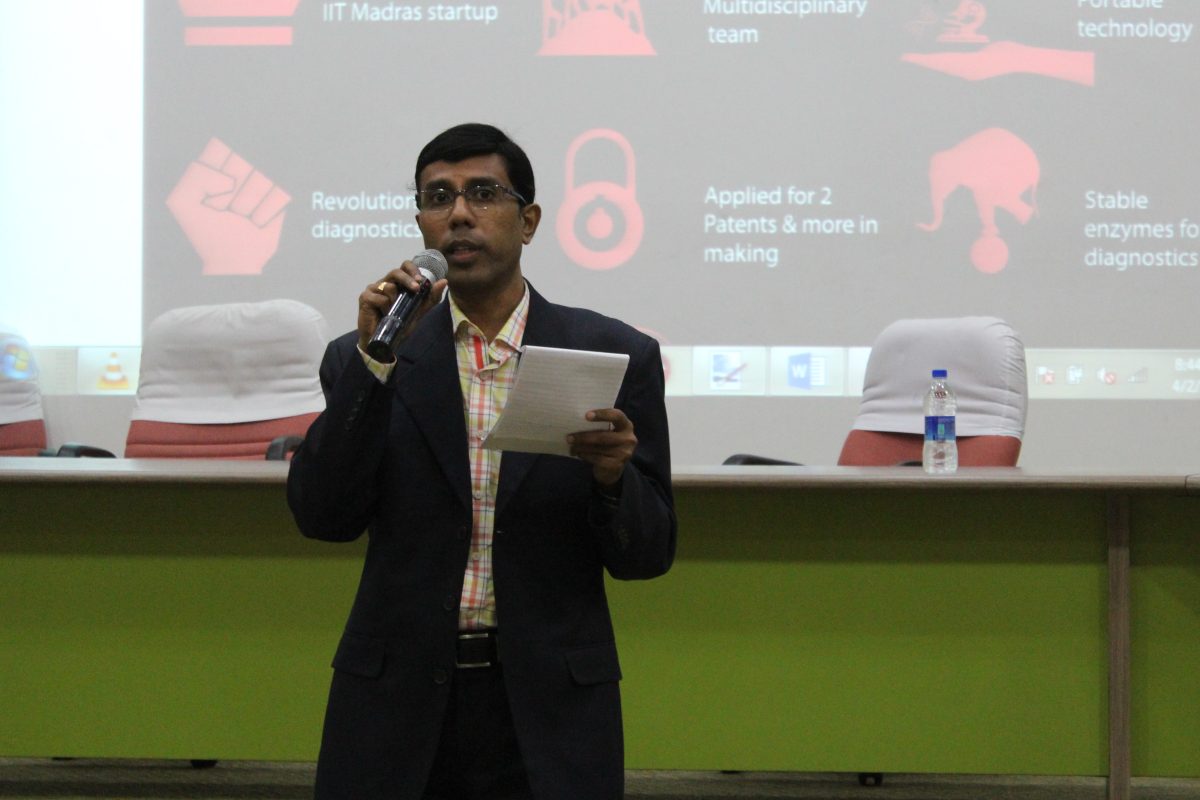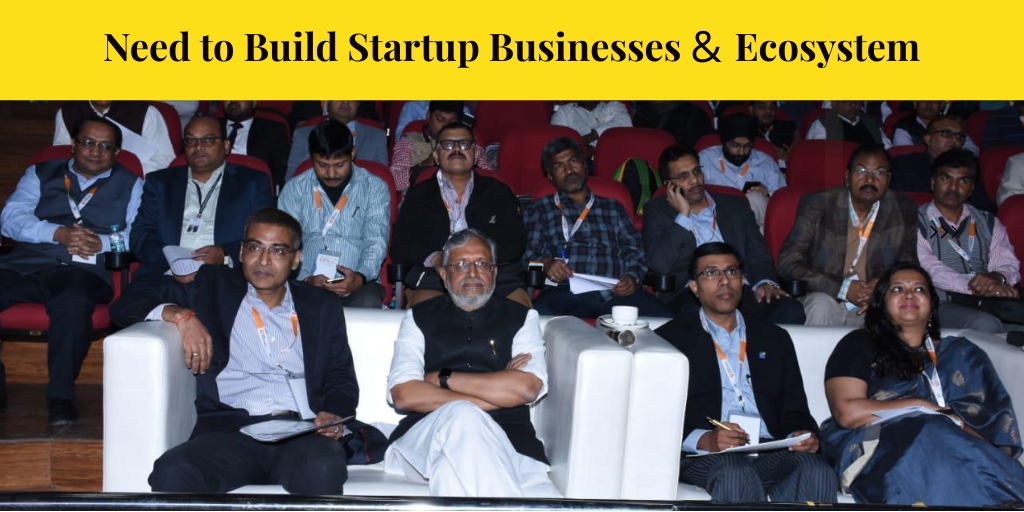There is an upward trend in the growth of start-ups and young entrepreneurs in India today. Bubbling with fresh and novel business ideas, the current generation view start-ups as an increasingly lucrative option as an alternative to employment in a corporate. Metros incl. NCR, Bangalore, Mumbai, Pune, Chennai, and many other cities are seeing this boost with a lot of start-ups surfacing and these numbers are growing every year.
Many young graduates nowadays seek out to running start-ups, instead of hunting for mundane 9 to 5 jobs. This phenomenon can be due to various reasons. The current generation (the Gen Zs, Millennials) are more daring and willing to take risks. They seem to be more accountable for their actions and wish to be their own boss. Moreover, running a start-up allows them to have more exposure to the outside world, our economy and business environment, and well they also get a chance to involve themselves in social entrepreneurship and building network of contacts.
The funding climate in India has turned out to be favourable for various start-ups, as the government has come up with a number of start-up schemes to facilitate development and growth of entrepreneurs in their businesses. The government has classified start-ups according to their nature and scope of business and has allocated funds for these enterprises to build and grow. Want of capital is one of the bigger causes of a startup failure.
India also has a huge amount of foreign investment into start-ups in India, providing for a conducive start-up ecosystem for entrepreneurs to work in. Countries like China, United States of America, Singapore, Hong Kong, Russia, Japan, and United Kingdom have been active investors in start-ups in India today.
Many start-ups in India have benefited and built their businesses significantly through these foreign investments, which reinforces that Indian start-ups have a promising future ahead of them. This gives foreign investors the confidence and incentives from Govt. to invest in Indian start-ups without much of a thought/concern. Investments into Indian start-ups by foreign countries will also mean that investing countries will have certain incentives provided to them, like relaxed immigration rules and discount on manufacturing components, to engage in competitive pricing in the consumer market. With a population the size as equal to China and incredible economic growth potential, it is not surprising that foreign countries love to invest in Indian start-ups as well other fast growing sectors in India.
India is facing a maturing start-up ecosystem since 2015, and the start of movements like Digital India and Startup India have certainly helped accelerate their growth pace by bringing in awareness which was an essential component in transformation of thought process. Indian start-ups have started to be more adaptive to the global business models, making it easy for foreign investors to pump money into India, channeling it to the start-up sector. The ever-increasing amount of acceleration programmes, incubators, social networking events and academic training in business management has allowed for more college students and graduates to step up and embark on a start-up journey and venture into the business world, as they are confident that these programmes will help their start-up to be on the right track to build their entity. Most start-ups have technology-based services as their core, as India is heading towards a digitalised economy/society that depends heavily on technology-based services, like E-commerce, E-healthcare, etc.
Having mentioned the source of foreign funding flowing into the pockets of startups to scale up their businesses to the next level, Russia has been playing a pivotal role in accelerating the economic growth of start-ups in India, and it stands as one the major investors in this startup space.
Russian contributions to providing investment funds to start-ups in India has been on the rise lately, and seem to be benefitting big time through investments in businesses like OLA, Housing.com, Flipkart, Snapdeal etc. Majority of Russian investments are towards technology-based start-ups that have the ability to scale and addresses a bigger pain point of the consumers here. Also the government is taking steps towards moulding India to be a massive manufacturing hub, that can further fuel the growth of startup ecosystem in the manufacturing space too, in India.
Another start-up sector that Russia invests in is the E-commerce space. A reputed Russian corporate venture Sistema, has invested in the healthcare start-up space. One of them is healthifyme. It has announced that Sistema has provided funding of over US 12 million dollars. Sistema has also channelled US 14 million dollars into the healthcare start-up Netmeds.
Sistema is also looking at investing into Indian start-ups with its US 50 million dollar Asia fund. It has said that the US 50 million dollar fund is going to be invested solely in India because it can see a lot of potential for Indian start-ups to grow. The funds are likely to be invested into technology and consumer retail centred Indian start-ups.
Russian independent investor Yuri Milner has also invested in many Indian start-ups, like OLA, Flipkart, Housing.com and Swiggy. He has pumped in a massive amount of INR 10,800 crores into these start-ups. With the increased usage of cabs, online shopping platforms, property sales and food deliveries, Yuri Milner feels that these Indian start-ups that he has invested in can bring in a great value more so because these start-ups have identified the rising trends in transport, shopping, property and food preferences in India today.
Another Russian billionaire Leonid Boguslavsky has invested into the E-commerce start-up sector in India, because he finds a very big growth potential in the e-commerce market, as it possesses the capacity to transform the usual placement of shopping malls in major cities only, and reach out to all consumers out there through the online shopping platform. This validation comes at a stage when the usage of smartphones and the internet has been increasing in India tremendously over the past few years.
This explains why Russia wants to venture into funding start-ups in India because Russian investors can see high quality and high potential growth in India due to its expansive consumer base. Thus, it will be definitely a big boost for Russia in its investment returns. The ever increasing demand and need of over a billion population, the dynamic changes in demographics, are motivating factors for Russian investments into India.
Russia is known for its anti-virus software, security and encryptions systems that are top-notch. India will experience a tremendous growth in mobile networking and application development businesses if Russia collaborates with start-ups in the field of information and technology. A majority of investments made by Russian entities are into start-ups offering software solutions/platforms that can benefit the larger masses. Technology firms in Russian can invest in Indian startups, as they can leverage each other’s strengths thereby benefiting both countries in this process.
While it is clear that India offers a tremendous opportunity for Russia for it to invest in this startup space, it is equally important to identify worthy and capable start-ups with innovative ideas. Though there are a number of incubators and accelerators in the country, that field is still undergoing transformation, as most of them are a mere ‘co-working space’ – providing space by leveraging their real estate and making a revenue model out of these startups. Very few do go beyond and provide mentoring, business support, tech support and network/connect with investors etc. Therefore, it will be a good idea for Russian investors to collaborate and form alliances/partnerships with start-up business consulting firms in India, to facilitate in identifying potential start-ups that are investment worthy and one that can add value to all the stakeholders. Indian startups are still evolving and fine tuning their business models, and with right partners Russia can certainly tap into the early stage startup ventures as they can be unicorns at some point in time. This is a great time for startup ecosystem that’s seeing great momentum in India. Time to see Russia’s investments too in this space grow with accelerated pace!
About the author:
Above article is contributed by Mr Shyam Sekar S, Chief Mentor and Strategist, at Startup Xperts Business Consulting Pvt. Ltd., a business consulting and a digital marketing firm supporting startups and small and medium business to accelerate their growth. Startup Xperts has been featured as the emerging company of the year by Silicon India, 2014. Besides, Shyam has been featured as Most promising Digital Marketing consultants in Aug 2016, and Most promising Business Consultants in Oct 2016. As ecosystem partner for CII-Startupreneurs, as a Mentor with EDII (Entrepreneurship Development and Innovation Institute) and as Judge/jury/mentor for numerous startup events including the IIT’s, Shyam is actively involved in building the startup ecosystem.






